In the fast-evolving world of crypto security, OneKey has emerged as a notable contender, catching the attention of both newcomers and seasoned digital asset holders. If you’ve ever wondered whether you can trust an open-source hardware wallet to protect your Bitcoin, Ethereum, Solana, or even Aptos, this OneKey wallet review is for you. Let’s dive into what sets OneKey apart from legacy brands like Ledger and Trezor—and why its multi-chain capabilities are making waves in the community.

What Makes OneKey Unique?
Unlike many hardware wallets that keep their code proprietary, OneKey is fully open-source. This means its firmware and software are publicly auditable—giving users transparency that’s hard to find elsewhere. Open-source wallets allow independent security researchers to inspect the code for vulnerabilities, which is a significant confidence booster for those wary of closed systems.
The OneKey ecosystem includes both hardware (like the Classic 1S and Mini) and software wallets. These are designed for seamless compatibility across devices and platforms. While some users on Reddit have noted that the Mini version feels less premium and lacks mobile support, most praise its desktop user experience and robust feature set.
Multi-Chain Security: Beyond Bitcoin & Ethereum
The true power of OneKey lies in its multi-chain support. With native compatibility for a wide range of blockchains—including Bitcoin, Ethereum, Solana, Aptos, and more—OneKey positions itself as an all-in-one solution for managing diverse portfolios. This flexibility is especially valuable as DeFi ecosystems expand beyond just Ethereum-based assets.
Key Features of the OneKey Hardware Wallet
-
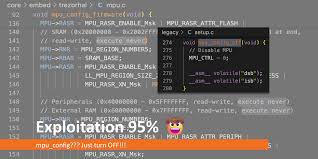
Open-Source Firmware & Software: OneKey’s codebase is fully open-source, allowing public audits and transparency for enhanced security.
-
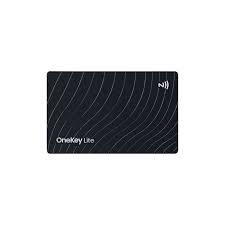
Multi-Chain Support: Seamlessly manage assets across major blockchains like Bitcoin, Ethereum, Solana, and more from a single device.
-

Secure Element Chip: Features a dedicated secure element (SE) chip to safeguard private keys against physical and digital attacks.
-
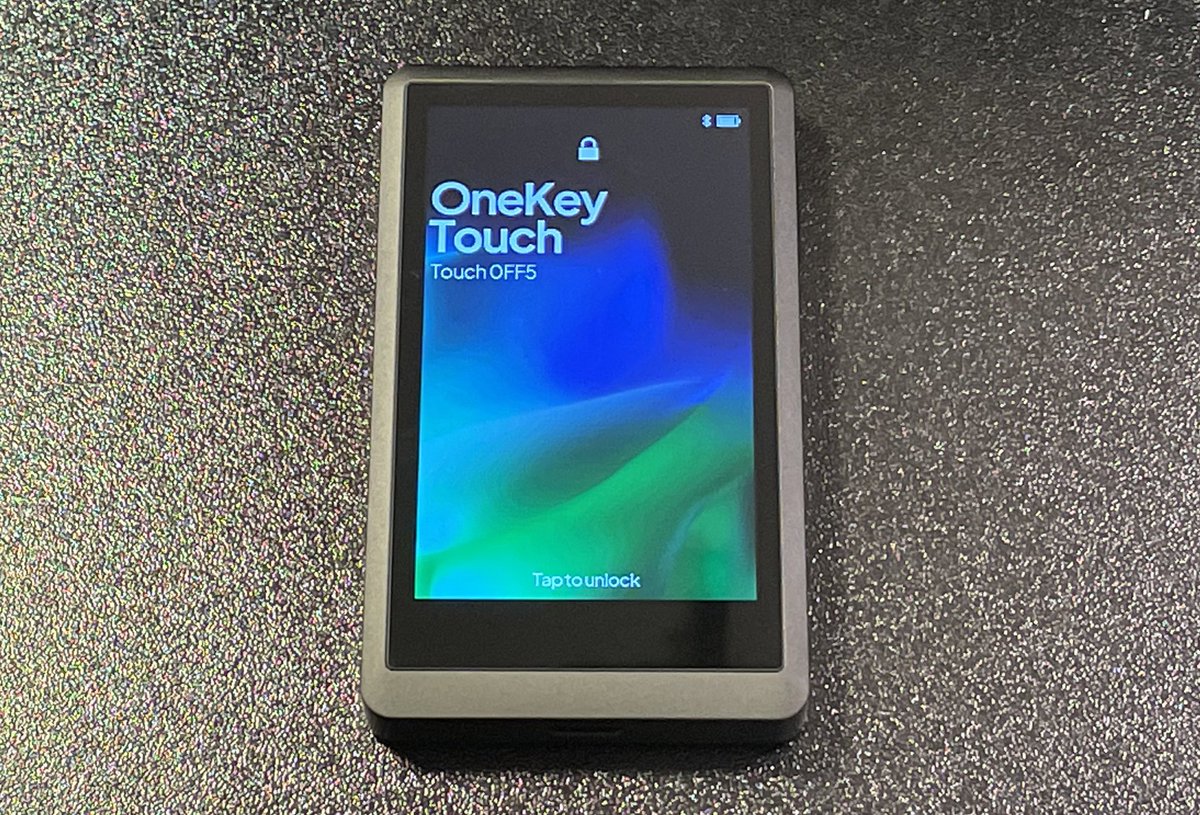
Touchscreen Interface: User-friendly touchscreen for easy navigation, PIN entry, and transaction confirmation.
-

Cross-Platform Compatibility: Works with Windows, macOS, Linux, Android, and iOS via USB or Bluetooth.
-

Backup & Recovery Options: Supports standard BIP39 seed phrases and advanced backup solutions for secure recovery.
-
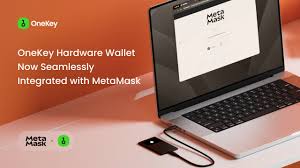
Integration with Popular Wallet Apps: Compatible with MetaMask, WalletConnect, and other leading wallet platforms for DeFi and NFT management.
This broad coverage means you don’t need separate wallets for each chain or asset type—reducing complexity while maximizing control over your funds.
User Experience: Simplicity Meets Security
User feedback consistently highlights how approachable the OneKey interface is—even for first-timers. The onboarding process is streamlined with clear instructions, a modern UI, and thoughtful design choices that minimize friction without sacrificing safety. On desktop platforms especially, users rave about how intuitive it feels to manage multiple assets securely from one dashboard.
However, it’s not without trade-offs: some community members have pointed out that while the build quality of certain models may not match pricier competitors like Ledger Nano X, the value proposition remains strong given its open-source nature and lower price point (the Classic 1S retails around $58).
The Open-Source Advantage
If you’re privacy-conscious or want full control over your crypto security stack, open-source matters. With every update based on community feedback—as seen in reviews on Amazon—OneKey demonstrates a commitment to transparency that’s rare among mainstream wallets.
Security is at the heart of any hardware wallet, and OneKey doesn’t disappoint. It leverages EAL 6+ certified secure elements—the same grade found in top-tier competitors—to safeguard your private keys. Combined with its open-source firmware, this design gives users both peace of mind and the ability to verify security claims independently. The wallet’s PIN protection and recovery phrase backup options are industry standard, but the transparency around how these features are implemented is what sets OneKey apart.
OneKey vs Ledger: How Does It Stack Up?
The question on many users’ minds: Is OneKey a true alternative to Ledger? While Ledger has long dominated the hardware wallet space, its closed-source approach has raised eyebrows—especially after controversial firmware updates. In contrast, OneKey’s codebase is fully auditable by anyone. Both wallets support a wide range of blockchains and offer robust device security, but OneKey’s open-source ethos appeals to those who prioritize transparency over brand recognition.
Another differentiator is community involvement. Where Ledger users sometimes feel left in the dark about updates or changes, OneKey’s roadmap and improvements are shaped directly by user feedback from platforms like Product Hunt and Reddit.
Community Feedback & Real-World Use
Reviews from nearly a million users show that OneKey strikes a balance between simplicity and advanced features. Many praise its stress-tested reliability and responsive software updates—attributes often highlighted in Amazon reviews. The desktop UX consistently wins accolades for being clear and beginner-friendly, though some wish for more robust mobile integration (particularly with the Mini model).
User Pros & Cons of the OneKey Hardware Wallet
-

Pro: Open-source firmware and software – OneKey’s code is publicly available, allowing for community review and increased transparency.
-
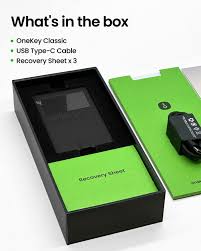
Pro: Multi-chain support – OneKey supports major blockchains like Bitcoin, Ethereum, BNB Chain, and more, enabling secure storage of a wide range of assets.
-
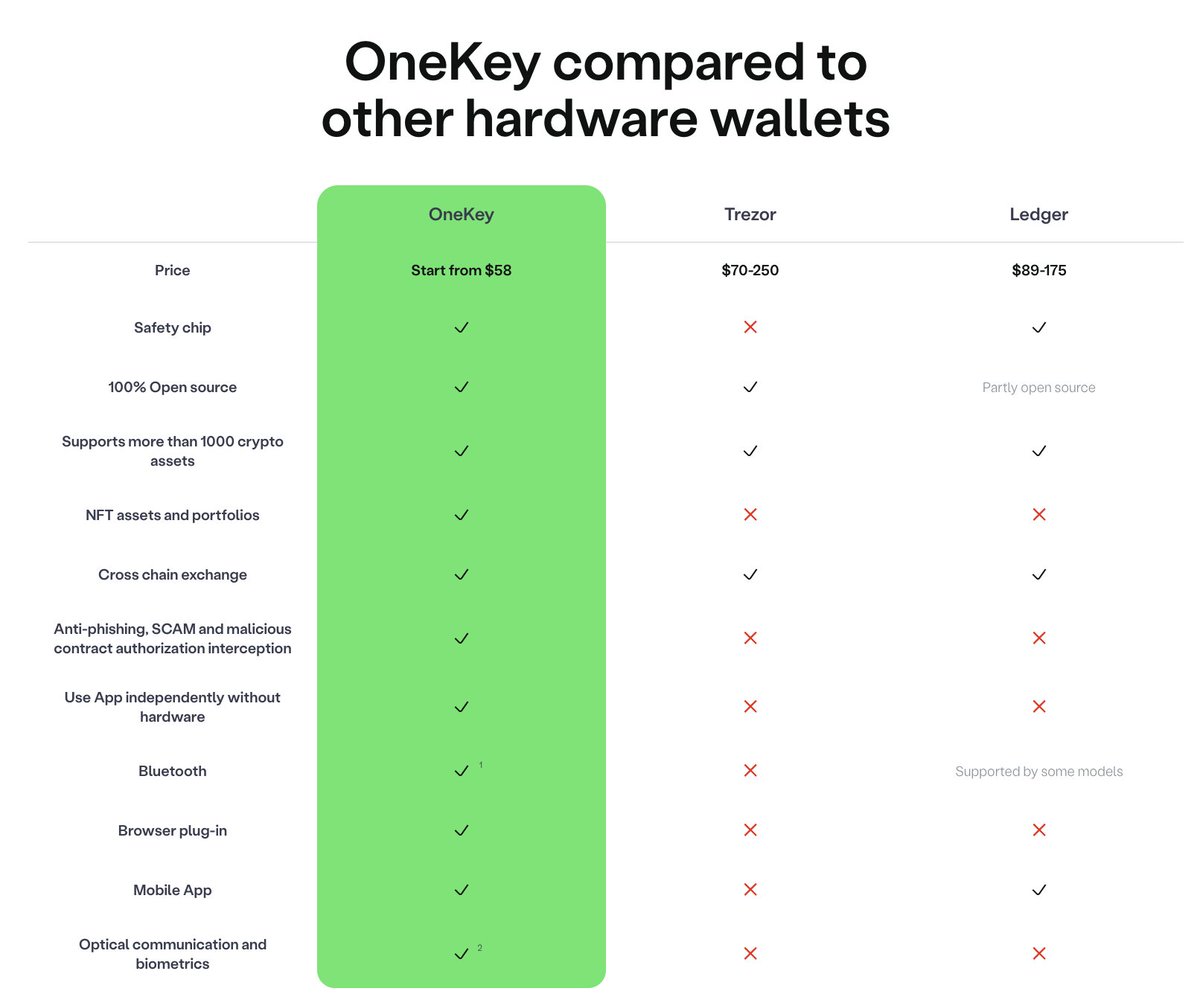
Pro: User-friendly interface – The hardware and companion app offer a clean, intuitive experience suitable for both beginners and advanced users.
-
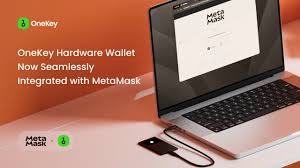
Pro: Compatibility with popular wallets – OneKey works with established software wallets such as MetaMask and WalletConnect, enhancing flexibility for users.
-
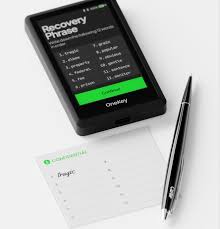
Con: Limited native staking features – Compared to competitors like Ledger or Trezor, OneKey offers fewer built-in staking options within its native app.
-

Con: Smaller ecosystem and community – OneKey’s user base and third-party integrations are not as extensive as those of more established brands like Ledger or Trezor.
-

Con: Fewer advanced security features – While secure, OneKey lacks some extra security options (like passphrase entry on device) found in competitors such as Ledger Nano X.
The community-driven development cycle means that bugs get squashed quickly, new chains are added regularly, and user requests shape future releases. This dynamic makes owning a OneKey feel less like buying a static product and more like joining an evolving ecosystem.
Who Should Consider OneKey?
If you’re looking for an accessible yet powerful multi-chain hardware wallet—and especially if you value open-source principles—OneKey deserves your attention. It’s ideal for:
- Multi-chain investors who want one device for all their assets
- Privacy advocates who demand code transparency
- Newcomers seeking an easy onboarding experience without sacrificing security
- Developers & tinkerers interested in contributing or auditing wallet code themselves
The trade-offs? If you’re all-in on mobile-first management or want ultra-premium build materials, you may find other options more suitable. But for most users—especially those prioritizing transparency—the value proposition is hard to beat.

Final Thoughts: Is This Open-Source Crypto Wallet Ready For Prime Time?
The crypto landscape rewards those who take security into their own hands—and with its blend of open-source transparency, multi-chain support, and approachable design, OneKey makes that responsibility less daunting. As adoption grows beyond Bitcoin maximalists toward broader DeFi participation, wallets like OneKey will continue to play a crucial role in onboarding new users safely.
If you’re weighing your first hardware wallet purchase (or looking to diversify your custody solutions), consider where your priorities lie: closed ecosystems with established brands or community-driven products built on trustless principles? For many, especially as digital assets diversify across chains, OneKey stands out as a compelling alternative worth exploring further.






